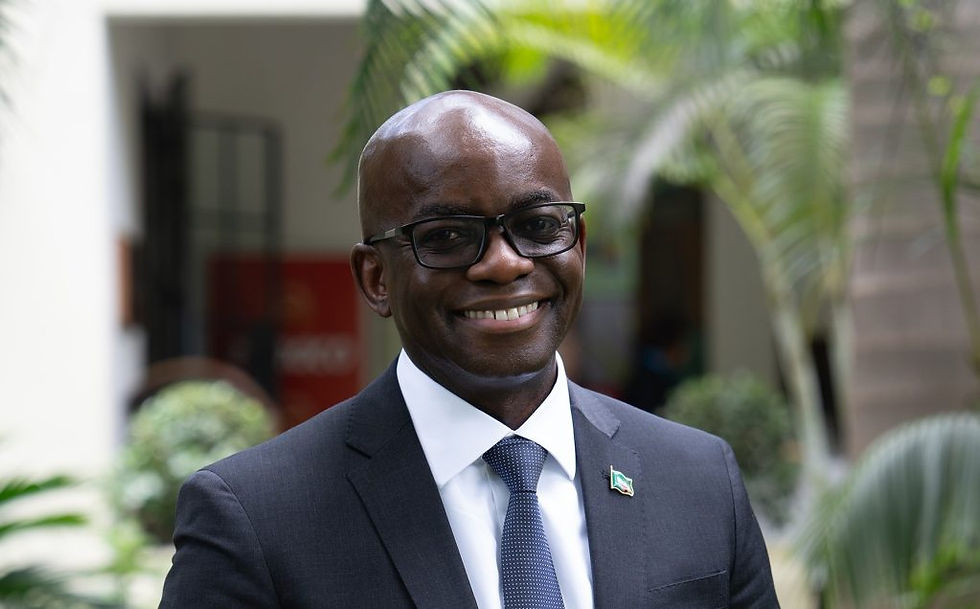Why the AfDB presidency may go to Maimbo – Nsemkeka
On May 29, the African Development Bank (AfDB) will elect a new president to lead one of the continent’s most critical financial institutions.
With the end of Akinwumi Adesina’s decade-long tenure, five candidates are now vying for the top job. Among them, the frontrunners are widely seen as Senegal’s Amadou Hott and Zambia’s Samuel Munzele Maimbo.
While both bring impressive resumes to the race, a closer look at institutional dynamics and bloc politics suggests that Maimbo may have the edge if the race goes beyond a first-round ballot.
Maimbo currently serves as Vice President for Budget, Performance Review, and Strategic Planning at the World Bank and has built a 30-year track record in development finance, including roles as Chief of Staff and Director of Resource Mobilisation.
His deep technocratic background and broad multilateral experience make him highly appealing, not just to African member states, but also to non-regional members.
The AfDB election uses a double majority system, meaning a candidate must secure: Over 50% of the total weighted vote from all member countries, and Over 50% of the weighted vote from regional (African) member countries.
In this context, Amadou Hott, former Minister of Economy for Senegal and past Vice President at the AfDB, is positioned to perform well in the initial rounds of voting, supported by a cohesive West African and Francophone voting bloc.
The Economist notes that Nigeria, which holds approximately 9% of the Bank’s total voting power, is likely to back Hott—further strengthening his early-round prospects.
But if the election requires multiple voting rounds, as it did in 2015 when Adesina won on the sixth round, strategic bloc realignments could work in Maimbo’s favour. With endorsements from both SADC and COMESA, Maimbo has already established a solid regional base.
Should South Africa’s Bajabulile Swazi Tshabalala exit in the early rounds, votes from Southern Africa may consolidate around him.
His strong ties to East Africa further widen his regional appeal, while his leadership experience at the World Bank offers reassurance to non-regional shareholders, such as the U.S., UK, and Japan, who carry substantial voting power by virtue of their capital commitments.
More importantly, non-African shareholders, who wield considerable voting power due to capital contributions, are likely to favour a candidate with international systems experience and a reform-focused orientation. Maimbo checks those boxes.
If elected, Maimbo would bring a quiet but formidable brand of leadership which is rooted in fiscal discipline, institutional reform, and cross-continental diplomacy.
At a time when Africa faces significant financing gaps in infrastructure, climate adaptation, and entrepreneurship, the next AfDB president will not only need to mobilize capital but rebuild trust between the Bank, its shareholders, and its member governments.
As ballots are cast this week, attention will rightly focus on public endorsements, regional alliances, and national pride. But underneath the surface, it may be Maimbo’s technocratic credibility and multilateral maturity that quietly tips the scale in his favour

